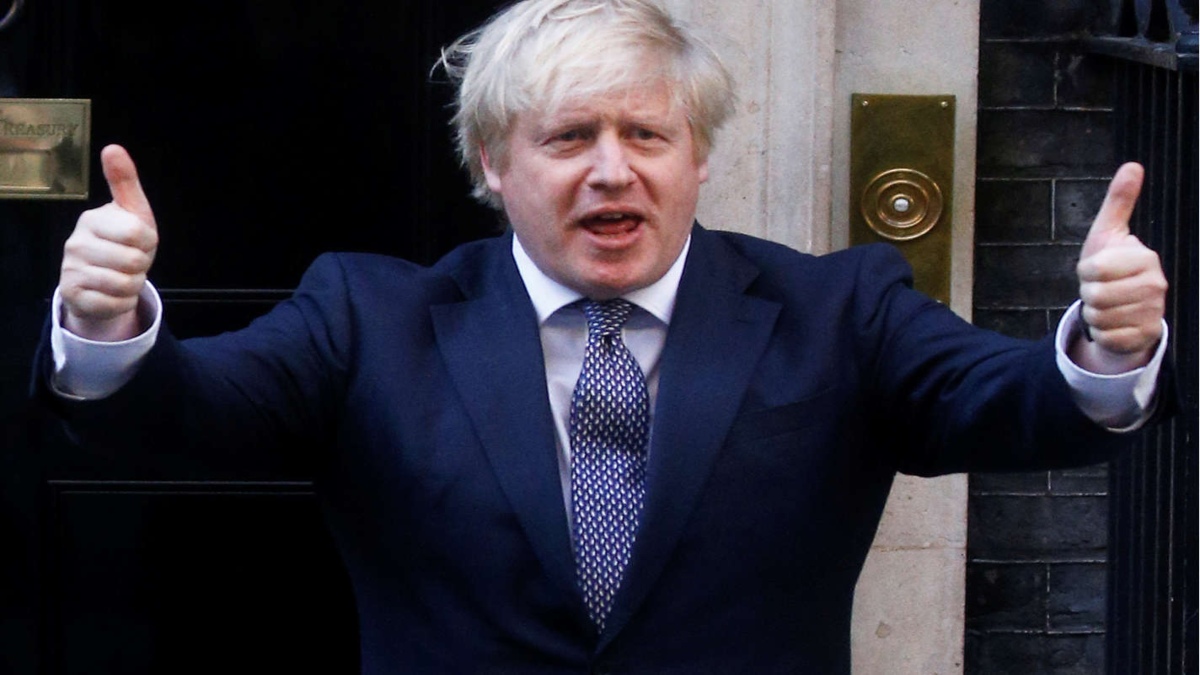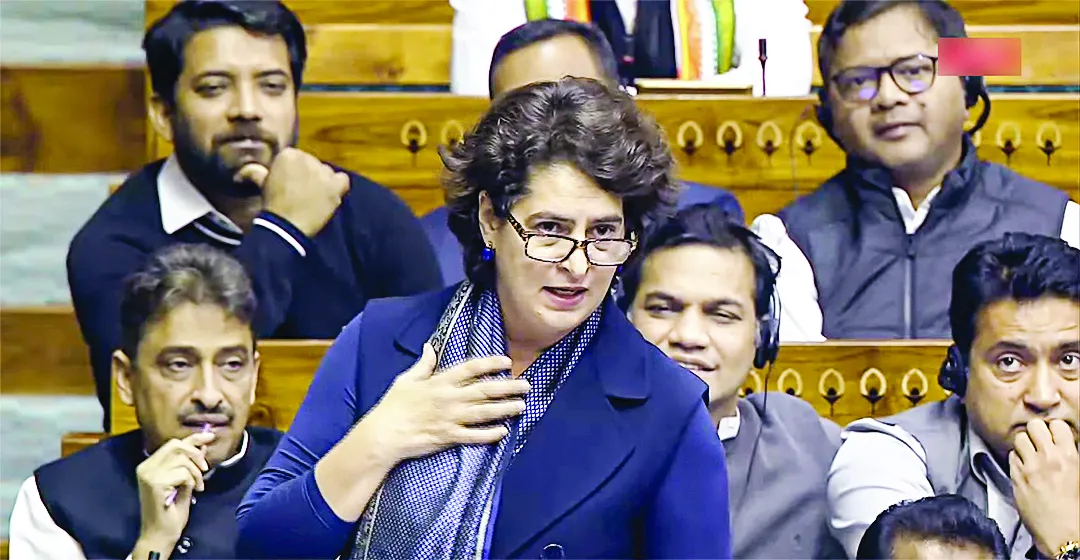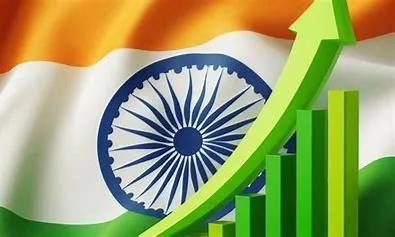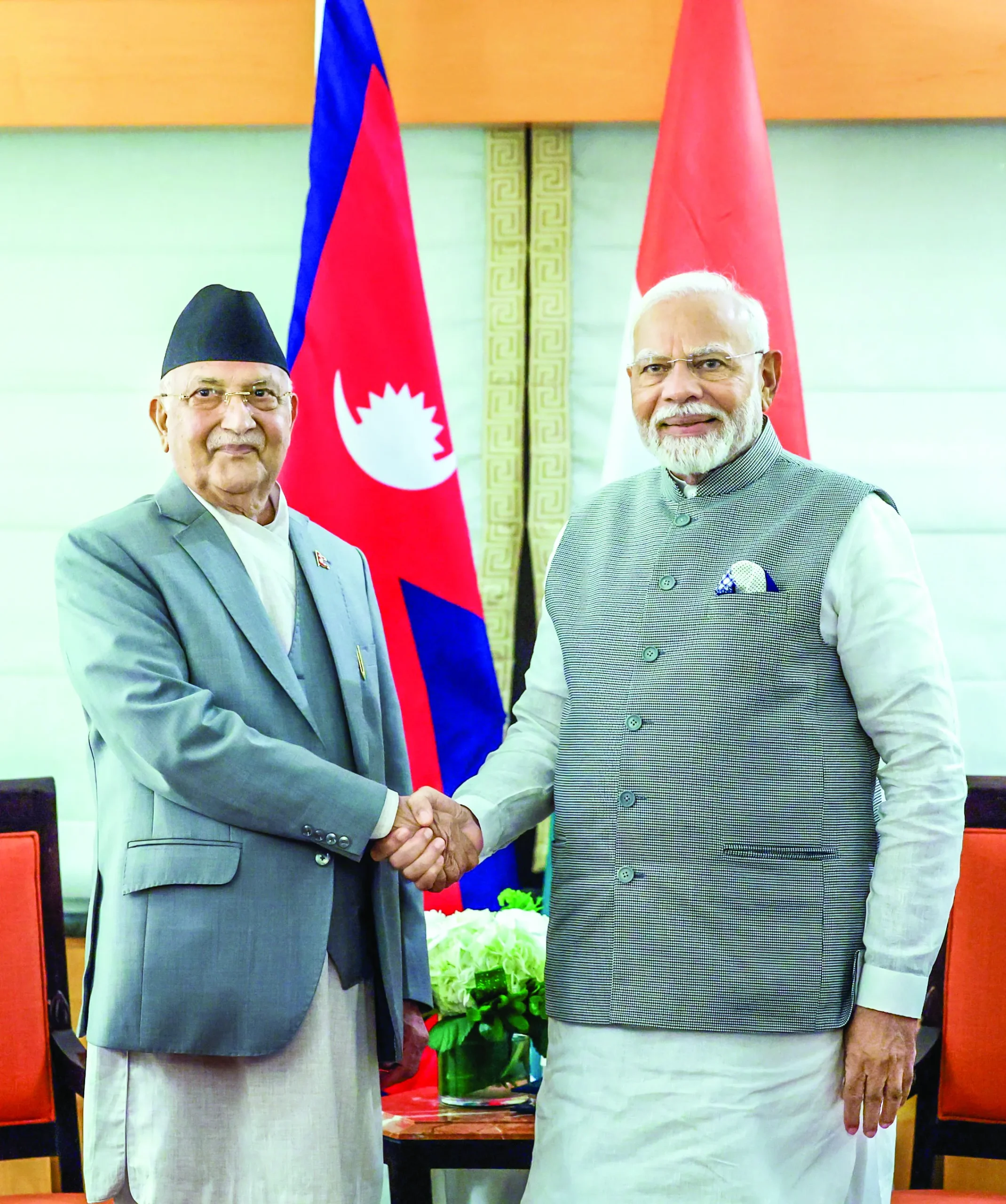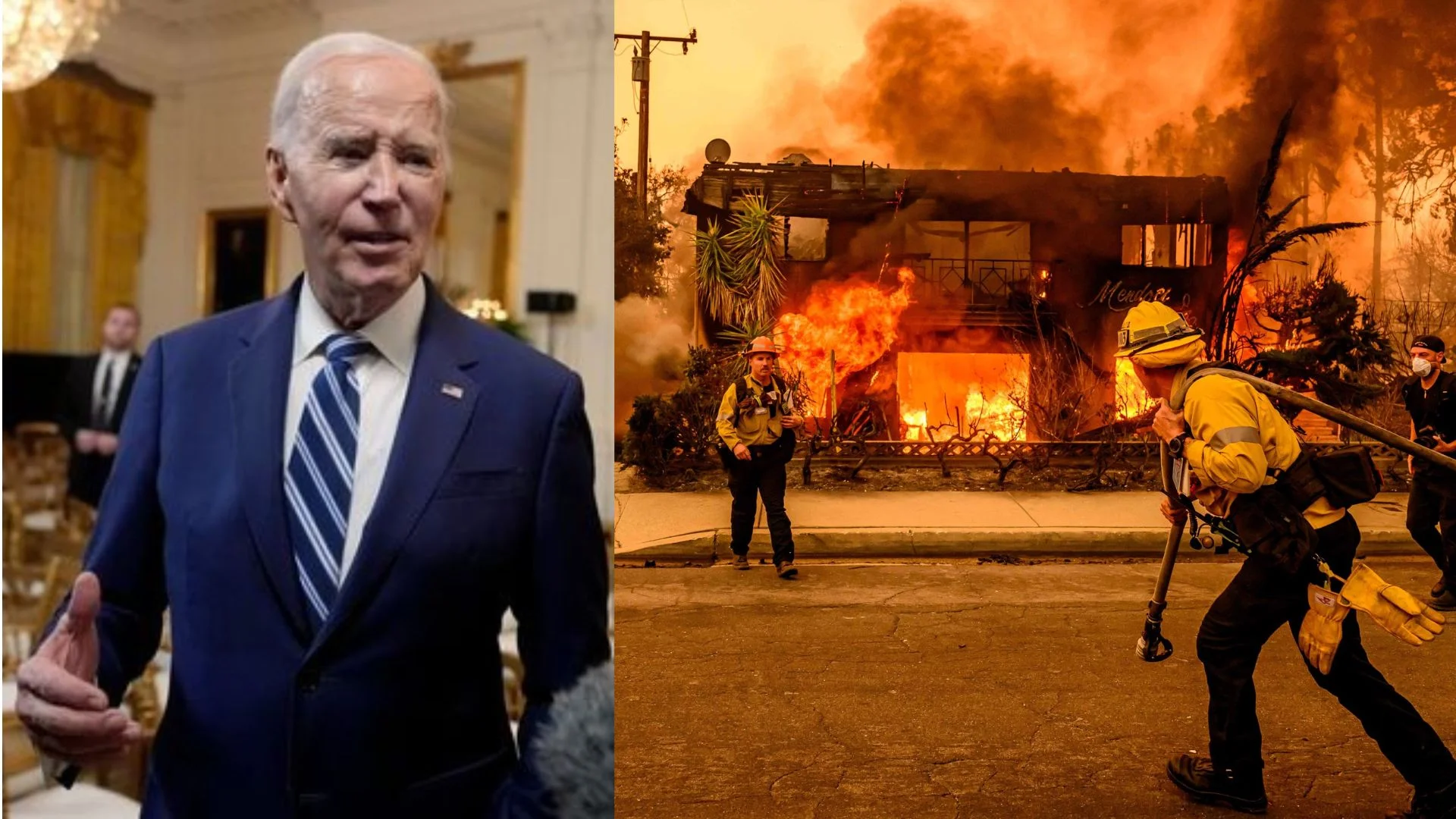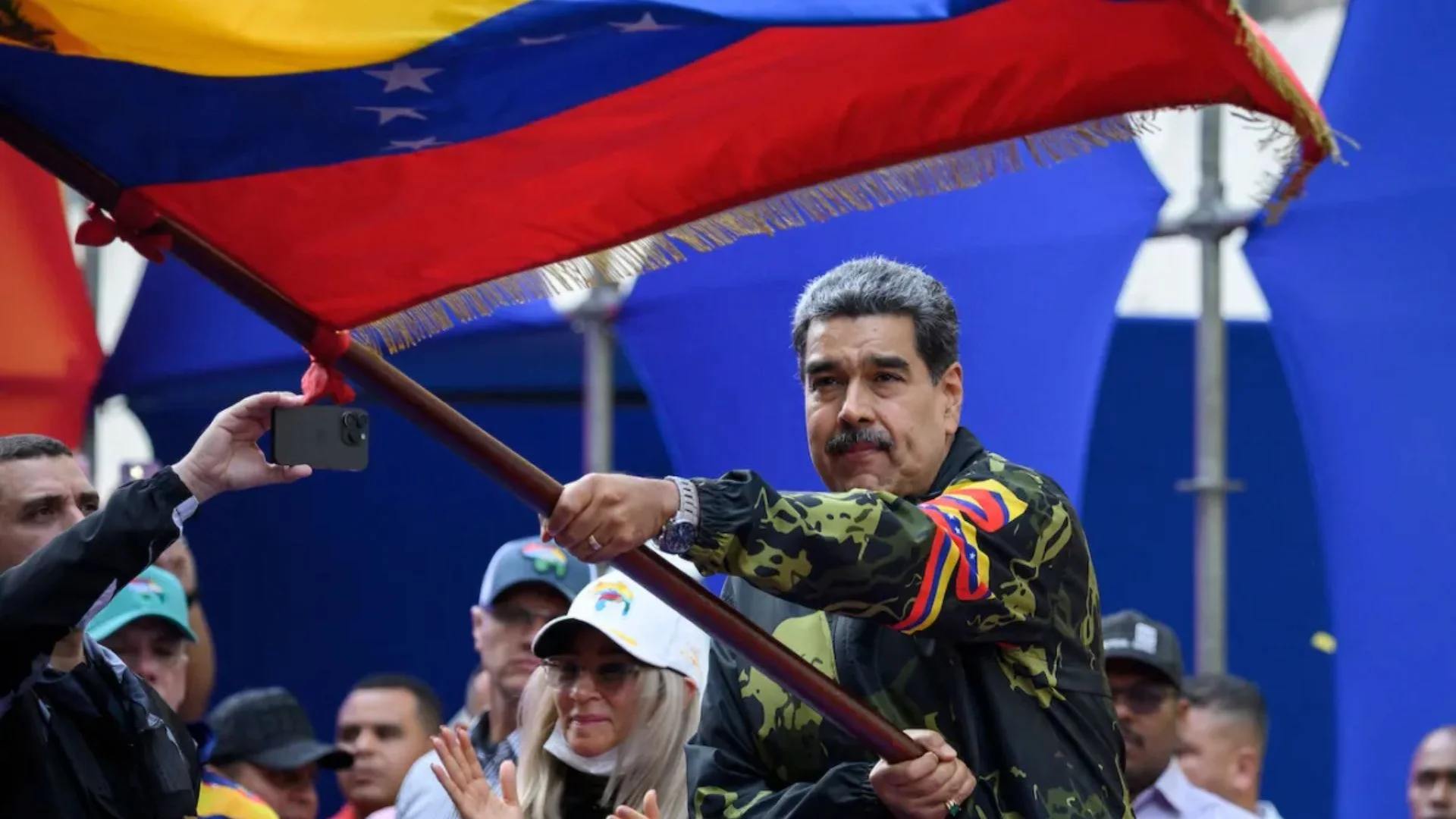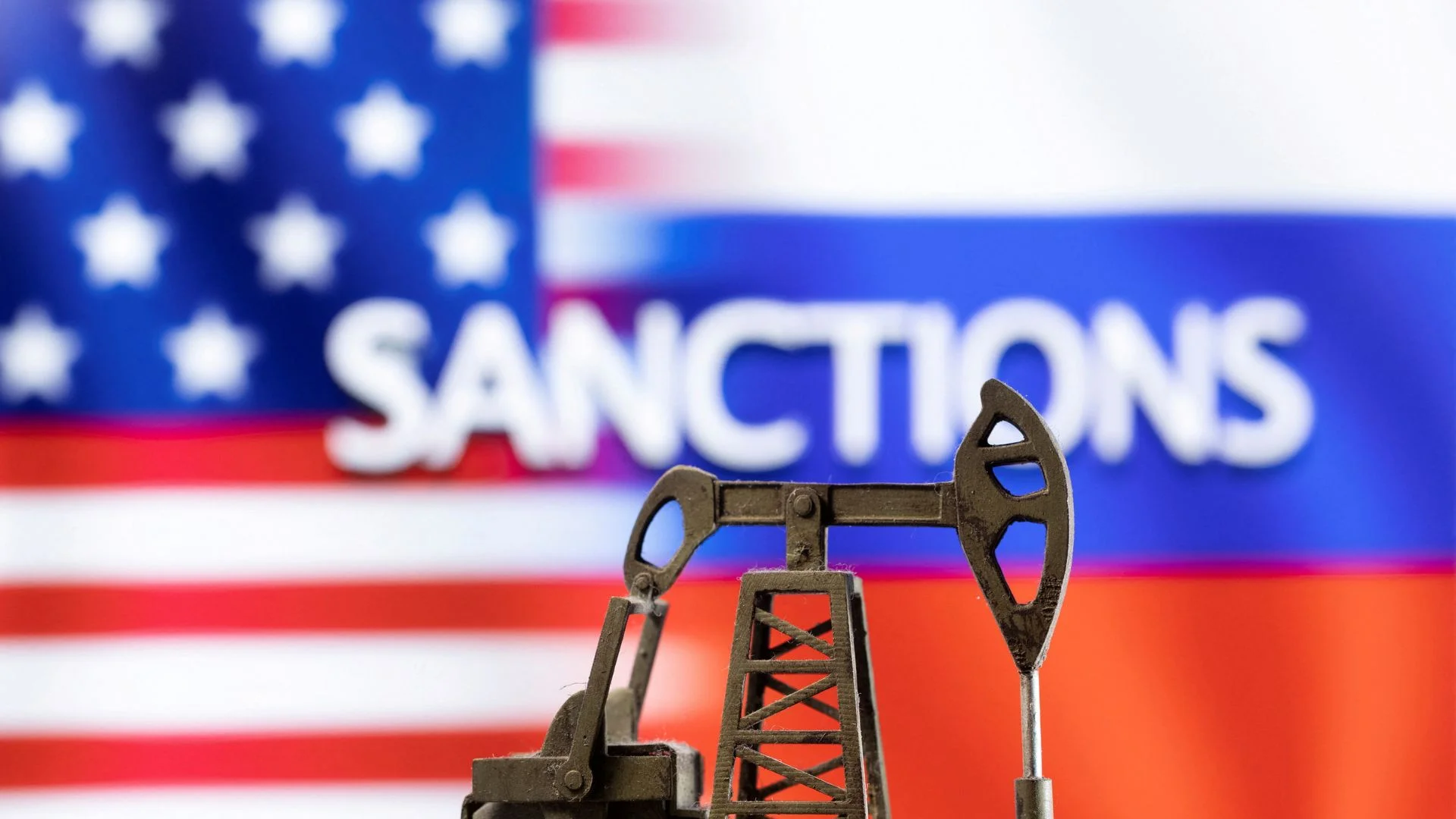British Prime Minister Boris Johnson gave a memorable humdinger of a speech at the Munich Security Conference. Hot foot from the virtual G7 Summit, the PM opened with a welcome cut-off from doomscrolling, he predicted a coming together of the West and all democratic values, and a repairing of relations with Europe and supporting the East.
The emphasis on the UK’s partnership with America was unmistakeable and PM Johnson’s vision of Global Britain came across loud and clear. The pandemic has consolidated the UK-US alliance, Johnson’s earlier proposal to UNGA for a Treaty on Pandemic Preparedness was virtually accepted by the G7 just before the Munich meeting, he wants to tackle pathogens as nations who are united against military threats do. His initiative is to join up international leaders, scientists and international organisations (universities, pharma, research and manufacturing++) in a collective defence against the next pathogen, and introduce a “worldwide network of pandemic surveillance centres”.
The British Prime Minister praised the COVAX partnership and the majority of genome sequencing that was done in the UK; he set an ambitious target for developing future vaccines within 100 days.
With November’s COP26 Conference in Glasgow, the PM was visibly delighted that US President Joe Biden had re-joined the Paris Agreement; the UK aims to lead as many countries as possible towards Net Zero in 2050 according to the plan set out in the Green Industrial Revolution. After climate security comes security from terrorism and security from threats from hostile states, a special reference was made to the Euro-Atlantic area, (which includes the Baltic states), and to the Skripal novichok poisoning in Salisbury and Alexei Navalny’s poisoning in Siberia.
The long awaited Integrated Review to be published in March will make clear what this means for foreign and defence policy. In addition to the generous £24billion increase in UK defence budget that will develop artificial intelligence, unmanned aircraft and directed energy weapons, Johnson’s defence budget for NATO is ahead of the 2% required, perhaps a spur for other NATO nations; he quoted NATO’s defence spending—excluding the US—had risen by $190 billion since the Wales summit in 2014.
Johnson referred to HMS Queen Elizabeth, the Royal Navy’s new aircraft carrier embarking on her maiden deployment, sailing 20,000 nautical miles to the Indo-Pacific with a squadron of F35 jets from the US Marine Corps on deck.
It seems Johnson is determined to defend the UK’s values and thus the shared values of democracies around the world. He hailed the introduction of UK’s Magnitsky sanctions against violators of human rights in Belarus, Russia, Myanmar and Zimbabwe. He was voluble on the repression of Uighurs in Xinjiangand acclaimed the UK’s new measures to ensure that supply chains of UK companies are not tainted by the violations in Xinjiang.
Johnson has been courageous in standing up to China on the issues of suppression (Uighurs, Hong Kong and evidence about the origins of Covid-19). He praised the UK’s alacrity when China imposed a repressive national security law on Hong Kong; the UK offered nearly 3 million Hong Kongers a route to British citizenship via the BNO visa.
Innovative as ever, he declared his invitation to India, South Korea, and Australia to attend the next G7 summit as guests. His address was faithful to the Atlantic alliance but cut the shackles of geography, embracing change and new open societies. He concluded with a typically original Boris theme of liberalness and freedom, but this time he orientated the new world eastwards. He said, “Free societies are united by their faith in liberal democracy, the rule of law and free markets, which surely comprise the great trinity of human progress.”

